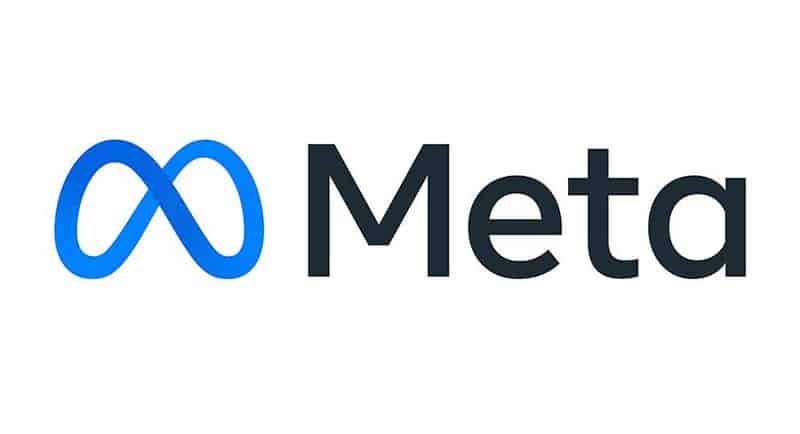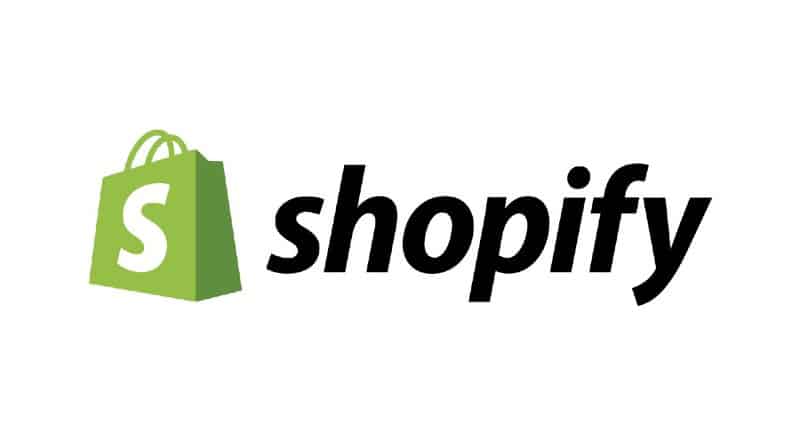Alphabet, Meta, Shopify, Stripe and McKinsey have banded together to launch Frontier, an advance market commitment (AMC) that will fund the development of carbon removal technologies.
The tech giants are spending $925 million (AUD $1.25 billion) buying offsets from startups that remove carbon dioxide from the air over the next nine years.
“Purchasing carbon removal tons involves investing in projects that remove greenhouse gas emissions from the atmosphere. This effort reinforces our commitment to reaching net-zero emissions across our value chain by 2030,” Meta noted in their release.
“Frontier aims to send a strong demand signal to researchers, entrepreneurs, and investors that there is a market for carbon removal,” Alphabet said in their release.
It noted that the AMC model was piloted a decade ago to accelerate the development of pneumococcal vaccines for low-income countries, it saved an estimated 700,000 lives. This will be the first time the model is being applied to carbon removal at scale.
Radical emissions reductions will be essential to avoiding the worst effects of climate change. But recent reports from the Intergovernmental Panel on Climate Change (IPCC) reveal there is no pathway to keeping global temperature increases within 1.5°C without permanently removing gigatons of CO2 already in the atmosphere and ocean.
IPCC models require an average of around 6B tons of annual CO2 removal by 2050 to hit the 1.5°C target. The Frontier AMC is designed to give the industry confidence to begin building today, and to do so with urgency.

How Frontier works Frontier conducts due diligence and facilitates carbon removal purchases on behalf of buyers, in two forms:
• For early-stage carbon removal suppliers piloting new technologies, buyers will enter into low-volume prepurchase agreements.
• For growth-stage suppliers scaling their technologies, Frontier will facilitate offtake agreements between individual buyers and suppliers. These agreements promise to purchase future tons of carbon removal if and when they are delivered, enabling suppliers to secure financing to scale their deployments. When tons of CO2 are removed, the carbon removal companies get paid, and removal tons are issued back to buyers.
Frontier will identify technologies with the greatest long-term potential and will help them scale through purchases, as well as ongoing advice and support. In practice, this will likely mean paying higher initial prices per ton to accelerate technologies that meet specific criteria, including:
• Permanence: Stores carbon permanently (>1000 years)
• Physical footprint: Takes advantage of carbon sinks less constrained by arable land.
• Cost: Has a path to being affordable at scale (0.5gt/year)
• Environmental justice: Ensures meaningful environmental justice outcomes via a robust process focused on local public engagement
A wholly owned subsidiary of Stripe, Frontier will also be funded by the tens of thousands of businesses who purchase carbon removal via Stripe Climate. This will make Frontier the world’s largest coalition of carbon removal purchasers by funding and membership.
Nan Ransohoff, head of climate, Stripe, said: “With Frontier, we want to send a loud demand signal to entrepreneurs, researchers, and investors that there is a market for permanent carbon removal: build and we will buy.”
Kate Brandt, chief sustainability officer, Google, said: “At Alphabet, we know firsthand from our long-standing history of working to advance new climate solutions that signaling early demand can spur innovation and lower the price for everyone. That’s why we are joining this exciting coalition of climate leaders, who jointly see the promise of new carbon-removal technologies and the power of sending a clear demand signal to the market.”

Stacy Kauk, head of sustainability at Shopify, said: “Shopify’s message has been loud and clear since launching our Sustainability Fund back in 2019: Join Us. Climate change can only be solved if we come together, and that’s what we’re doing with this advance market commitment. Our combined demand signal, through Frontier, is exactly what the carbon removal market needs to take the next step.”
Peter Freed, head of energy strategy, Meta, said: “We are committed to reaching net zero emissions across our value chain in 2030 through new partnerships and innovative solutions in emissions reduction and carbon removal. Frontier is an important step to help accelerate the development and adoption of carbon removal technologies for a more sustainable world.”
Dickon Pinner, senior partner and co-leader of McKinsey Sustainability, said: “Reaching net zero emissions is key to building environmental resilience and to realizing a future that delivers sustainable and inclusive growth. Carbon removals have an essential role to play.
“Our research shows that the amount of carbon removals needed by 2025 to achieve the IPCC’s 1.5°C pathway will be missed by 80 percent, based on the current pipeline of projects. Frontier will play a catalytic role in enabling the supply of high-quality carbon removal,” he added.
Peter Reinhardt, CEO and co-founder, Charm Industrial, said: “Customers are critical to scaling any business; until recently there have been few for carbon removal. This commitment is a powerful signal that there will be a market for what we’re building at Charm. That makes it easier to scale, raise funds and, crucially, bring costs down faster.”
Susan Athey, economics professor, Stanford GSB, said: “The AMC for pneumococcal vaccines saved almost a million lives by creating certainty about future demand and accelerating development. Frontier can play a similar role: jump-starting investment in carbon removal by giving entrepreneurs and investors confidence in the return on their investments.”